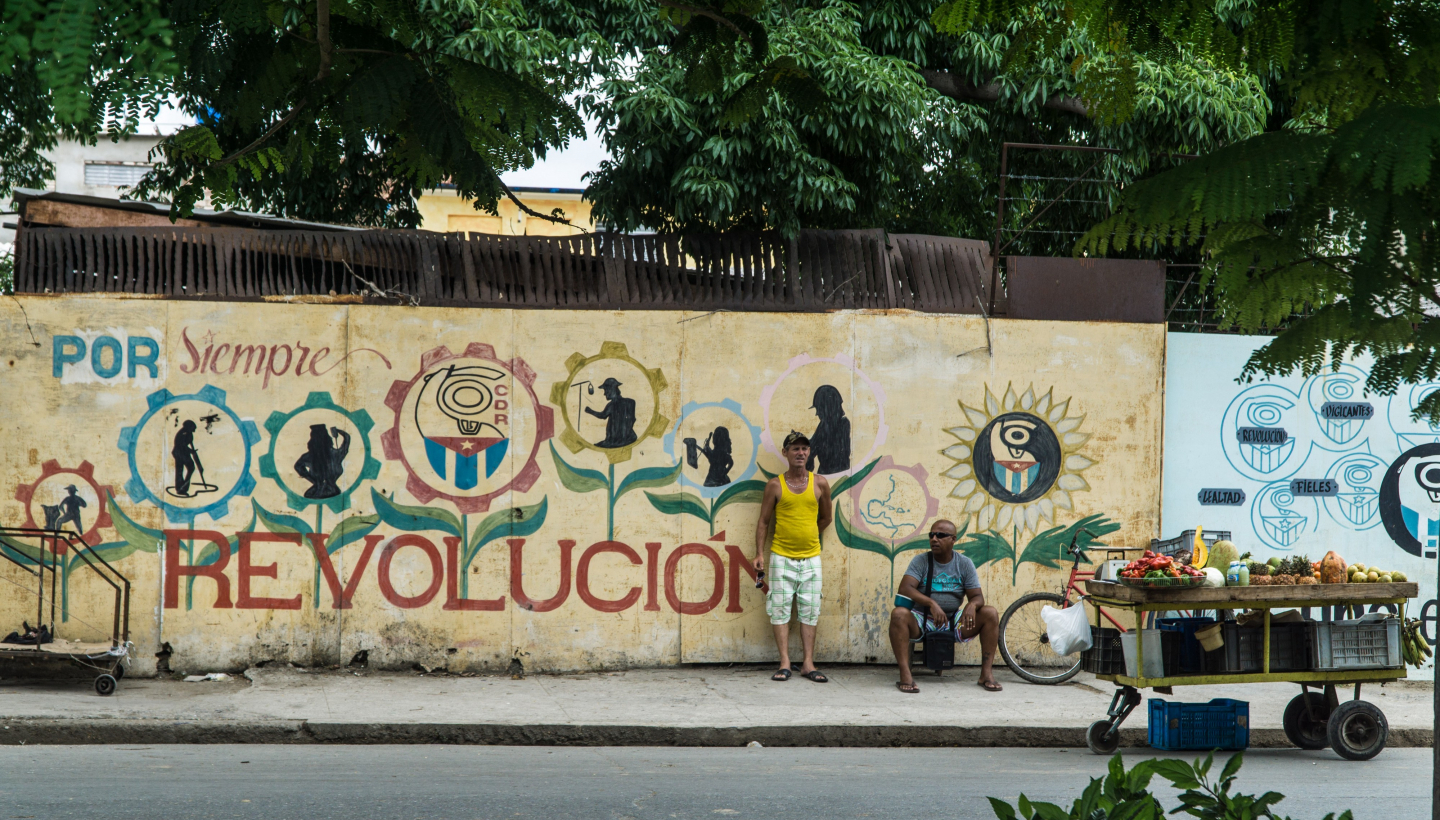Although the development of Artificial Intelligence (AI) in Latin America is not yet enough to place it at the top of the world ranking, there are actions and initiatives that are giving visibility and voice to the region in the conversation on how to create the bases and pillars to ensure the rights of citizens.
As it happens in practically all areas, the common denominator in the recipes for success is the coalition, the teamwork of diverse entities. In the case of Mexico, the formula is being developed with the participation of multinational organizations, such as the Inter-American Development Bank (IDB), including the government at the national and local levels, as well as public and private organizations such as universities and NGOs. The common effort is focused on supporting and promoting the creation of public policies for the use of AI applied to issues as concrete as the reduction of school desertion, the problem of young people in conflict with the law or other cases that are priorities at the local level.
Cristina Martinez, director of Cminds' AI for Good Lab, works on the development of public policies at the federal and local levels in Mexico to take advantage of artificial intelligence and ensure that it is implemented in a responsible and inclusive manner for the common good. From Cminds, "we accelerate the understanding and adoption of new technologies for social impact in emerging countries through the development of public policy, design of scalable pilots, capacity building and strengthening of ecosystems. We design and implement strategies for businesses, governments and individuals to reap the benefits of the digital economy. We are working for an inclusive 4th Industrial Revolution," says Cristina.
Asked about the role of women in the field of IA in Latin America, she adds that "more and more colleagues are working from different trenches: from industry, academia and government. "What we are looking for from CMinds, an organization led by women, is to be able to serve as a platform to identify more women, be able to make their jobs and contributions visible and have a place at the table. "On the one hand, we need to have more women technology developers with technical skills and encourage them to train in STEM (Science, Technology, Engineering and Mathematics) careers, as well as minority groups. But on the other hand, there is also the area of public policy. And also in this area, I believe that there the perspective that we women bring is complementary. So we need more women in technical positions, but also more women in leadership positions," Martinez concludes.
Full interview with Cristina Martinez below.



